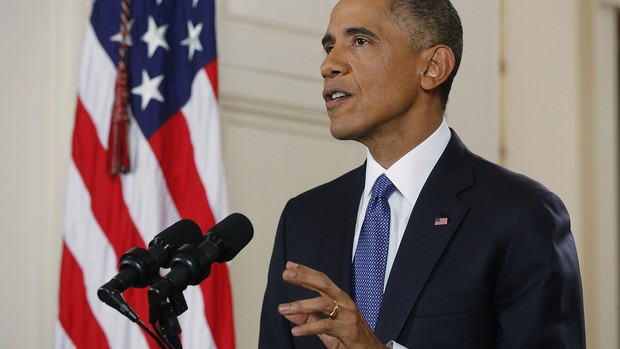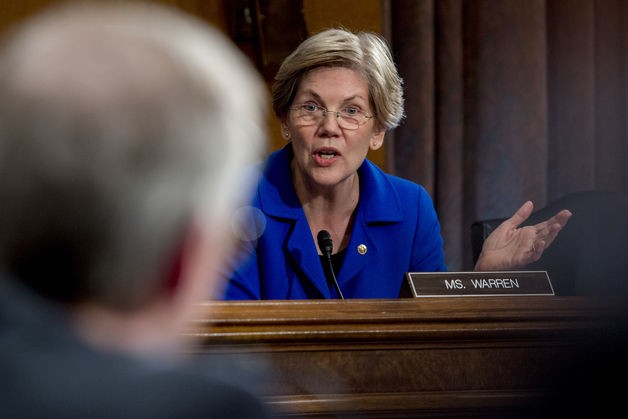Goldman Spars With Senators Over Its Aluminum Business Bloomberg Business
Post on: 16 Март, 2015 No Comment

Senator Carl Levin’s new findings include details on clients who entered into controversial aluminum transactions with Goldman Sachs and reveal that an employee questioned whether market-moving information could be passed on to traders. Photographer: Drew Angerer/Bloomberg
Nov. 20 (Bloomberg) — Goldman Sachs Group Inc. executives sparred with lawmakers over accusations that its aluminum business improperly influenced prices and that the firm’s traders had unfair access to market-moving data.
Under fire at a hearing today on whether Wall Street’s ownership of commodities spurs conflicts, Goldman Sachs’s Jacques Gabillon disputed senators’ charges that long wait times for aluminum stockpiles had a direct effect on what companies and consumers pay for the metal. Only a handful of Goldman Sachs employees get information on the aluminum unit and reports are limited to financial performance, he said.
“When everything is said and done, you can say there is no correlation” between wait times and price, said Gabillon, head of the New York-based bank’s global commodities principal investments group.
His statements were met with skepticism from a Senate panel that released a 400-page report yesterday alleging that commodities businesses give banks undue influence over markets, spur trading advantages and could endanger the financial system through an industrial catastrophe.
‘Different World’
Senator Carl Levin, who chairs the Permanent Subcommittee on Investigations, called the Goldman Sachs transactions “merry-go-round deals” that had little purpose other than moving aluminum around from warehouse to warehouse to influence how much customers paid for storage and financial products tied to the metal.
“If you can say there’s no correlation between premium and the length of the queue then you are in a very different mathematical world than most of the mathematicians that look at this,” said Levin, raising his voice.
The Senate investigation adds to months of scrutiny from lawmakers and companies that use commodities over banks’ involvement in the business. Levin’s findings put renewed pressure on the Federal Reserve to restrict Wall Street’s ownership of assets such as power plants and oil tankers.
The central bank has already been examining whether it’s appropriate for financial companies to own commodities and trade derivatives linked to them at the same time.
Goldman Sale
Amid the review, banks have tried to reduce their holdings. Goldman Sachs is trying to divest its aluminum business, Metro International Trade Services LLC, and has received interest from buyers in Europe, Russia and China, Gabillon said.
Levin’s new findings include details on Deutsche Bank AG and other clients who entered into transactions with Metro, an operator of warehouses that Goldman Sachs bought in 2010. His investigation also revealed that a former Metro employee questioned whether Goldman Sachs had adequate safeguards to prevent market-moving data from being passed on to the firm’s traders.
The report referenced a 2012 Fed study of four banks that found each had capital and insurance shortfalls for commodity units of as much as $15 billion. That meant that if each bank experienced a catastrophe on the scale of BP Plc’s 2010 oil spill in the Gulf of Mexico, they couldn’t cover the losses, the report said.
Levin Swan Song
The investigation, which is the focus of a two-day public hearing that started today, is a swan song for the retiring Levin, a Michigan Democrat who’s long been a scourge of the banking industry. His 2010 showcase of Goldman Sachs’s mortgage trades helped crystallize the financial crisis in the minds of the American public and left a stain on the bank that it has yet to fully erase.
The commodities probe, compared to some investigations done by the panel, doesn’t feature as many smoking-gun e-mails and instead points to circumstantial evidence. The report still highlights the breadth of Wall Street’s reach into non-banking businesses and the potential conflicts of interest that come with it.
The investigation covers a broad range of commodity investments in recent years including Goldman Sachs’s ownership of Colombian coal mines as well as a uranium trading business; Morgan Stanley’s natural gas and oil transport operations; and JPMorgan Chase & Co.’s electricity and metals businesses.
Major Influence
A focus of Levin’s examination is Goldman Sachs’s purchase of Metro, with the Senate report saying the acquisition allowed the bank to exert a major influence on aluminum trading.
With Goldman Sachs employees in control of Metro’s board of directors, the warehouse took steps to increase the amount of time it took to remove aluminum, which may have led to higher prices, according to the report. Soon after Goldman Sachs bought it, Metro began paying incentives to traders to store aluminum in the company’s warehouses.
In a series of private deals worked out in e-mails and unsigned contracts, Metro also gave special incentives to a small group of financial firms to keep metal in its Detroit warehouses by first loading it out and then back in. Six deals from 2010, 2012 and 2013 were struck with Deutsche Bank; Red Kite Group, a London-based hedge fund; and Swiss-based commodity trader Glencore Plc, according to the report.
Longer Queues
Spokesmen for Deutsche Bank and Glencore declined to comment, while an official at Red Kite didn’t respond to an e-mail.
The September 2010 deal with Deutsche Bank was suggested by senior executives at Metro and a board subcommittee composed of Goldman Sachs employees, the report said.
The transaction wound up having an immediate impact on the queues at the warehouse and resulted in other users having to wait longer and pay more to store their aluminum. The transaction increased the wait in Detroit from about 20 days to almost 120 days, the report found.
The report said long delays led to a surge in the price of aluminum, which Goldman Sachs was trading at the same time.
In a statement, Goldman Sachs said the transactions responded to client requests and weren’t improper. The bank said the deals had “no impact” on the final price consumers paid.
Stuck in Lines
In July 2013, Goldman Sachs offered to speed up delivery of aluminum to users of the metal, and said no client accepted the offer to swap their metal stuck in queues for immediately available aluminum.

In August, a district judge dismissed a suit against the firm and others brought by aluminum consumers, saying that an increase in a price component was “an unintended consequence of rational profit maximizing behavior rather than the product of conspiratorial design.”
Goldman Sachs’s ownership of Metro also raises conflicts of interest and potential unfair trading advantages, Levin said. While Goldman Sachs said it had policies against the misuse of warehouse information, the Senate investigators found that confidential Metro data was made available to dozens of bank employees, including those active in trading commodities.
The report included a 2013 e-mail from a resigning Metro employee who expressed concerns that market-moving information could be shared with Goldman Sachs’s traders.
Chinese Wall Policy
Michael Whelan, the former Metro vice president of business development, expressed “questions and concerns regarding the Chinese Wall Policy that is in place” regulating the interaction between the warehousing unit and Goldman Sachs’s primary commodities trading subsidiary, J. Aron.
Goldman Sachs told the Senate investigators there was no breach of information barriers required by the LME. Executives from the bank reiterated that point today.
“Regular reviews by Goldman Sachs personnel have not found a single instance where confidential Metro information went to the metals-trading personnel of Goldman Sachs,” Gabillon said. An outside auditor reviewed the information barriers at Metro and found “no issues,” he said.
The Senate report alleged that JPMorgan gamed federal limits restricting how much commodities business banks can be involved in and that Morgan Stanley built an oil “empire” posing conflicts with its trading operations.
One Incident
JPMorgan exceeded the limit only once in an incident that took place in 2011, John Anderson, the bank’s co-head of global commodities, said in remarks prepared for the hearing. JPMorgan has been selling off large portions of its physical-commodities business and will focus on derivatives going forward, he said.
Simon Greenshields, global co-head of commodities at Morgan Stanley, said in prepared testimony that the bank’s trading in oil and natural gas provides services to clients.
The Fed, facing calls from lawmakers to bar lenders from owning physical commodities, has responded by seeking input from banks and the public on the risk posed by financial companies owning and trading oil, gas and aluminum.
Levin’s investigation adds pressure on the central bank and other regulators to toughen rules. The Senate report urged the Fed to impose a “clear” limit on how much banks can participate in physical commodities and “reaffirm” the separation between lending and other businesses. Fed Governor Daniel Tarullo is set to testify before the panel tomorrow.
To contact the reporters on this story: Cheyenne Hopkins in Washington at chopkins19@bloomberg.net ; Silla Brush in Washington at sbrush@bloomberg.net
To contact the editors responsible for this story: Jesse Westbrook at jwestbrook1@bloomberg.net Gregory Mott














